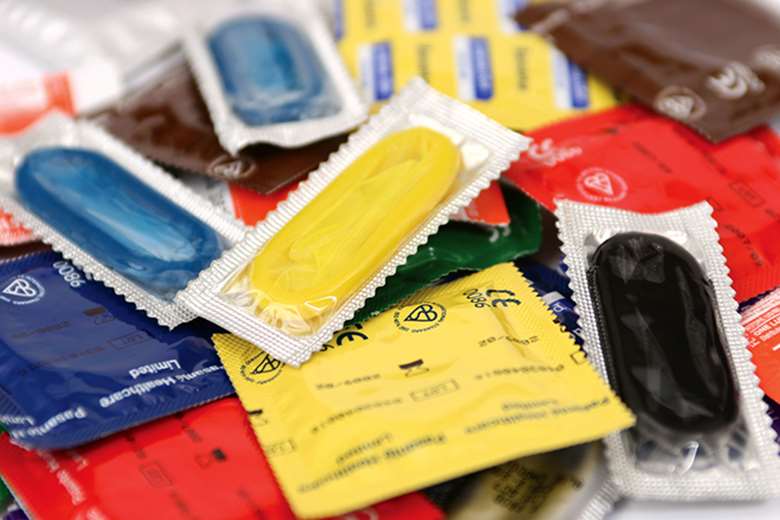Professionals' attitude to underage sex 'fuels CSE', charity claims
Gabriella Jozwiak
Monday, May 8, 2017
An acceptance among professionals working with children and young people of underage sex has fuelled a growth in child sexual exploitation (CSE) cases, a charity has claimed.

A report by the Family Education Trust, called Unprotected, argues that prevention services have contributed to normalising underage sex by prioritising the reduction of underage pregnancy at the expense of protecting young people from abuse.
The report draws together findings from eight serious case reviews, including Professor Alexis Jay's Independent Inquiry into Child Sexual Exploitation in Rotherham.
It says evidence from these demonstrates professionals "routinely provide contraception to young people under the legal age of consent in confidence, without considering the possibility that they may be suffering abuse".
The foreword to the report states: "In case after case, the sexual abuse of young people has been facilitated by the willingness of agencies to provide minors with birth control with very few questions being asked."
The report's author, Family Education Trust director Norman Wells, criticises specific organisations including the PSHE Association, the Sex Education Forum, Brook, and the NSPCC for producing sex and relationships education (SRE) guidelines that encourage parents and educationalists to not teach their children that there are "rights and wrongs when it comes to sex and relationships".
The report says: "In the name of non-judgmentalism, the approach advocated by the leading SRE campaigners, and endorsed by the government, is abandoning young people to the shifting sands of relativism and depriving them of the moral compass they desperately need."
Wells also called for a resource produced by Brook to help professionals identify and respond to sexual behaviours in young people - the Brook Sexual Behaviours Traffic Light Tool - to be withdrawn as it may be causing professionals to "inadvertently be condoning and promoting sexual exploitation and abuse".
The report calls for the government to abandon plans to introduce compulsory SRE into the school curriculum, suggesting current guidelines lack "moral context" about sex and should be more explicit about what is right and wrong.
Brook chief executive Helen Marshall rejected the claims and pointed out that the traffic light tool was endorsed by the National Institute for Health and Care Excellence.
"We are extremely concerned about the negative arguments made throughout this report linking the two very separate issues of underage sex and child sexual exploitation," she said.
"Despite societal assumptions and the complex challenges that young people face today, the average age of first sexual activity in the UK is 16.
"Brook, like all young people's healthcare services, operates robust policies and procedures in order to safeguard every young person with whom we come into contact and our education work in partnership with schools empowers them to make healthy lifestyle choices.
"We are delighted that, by introducing statutory age-appropriate SRE for children aged from four, the government has recognised that more needs to be done to protect and educate young people.
"By denying under-16s access to services like Brook, as suggested in the report, we remove the opportunity to safeguard them and for young people to gain the skills and confidence to explore healthy relationships."
Her concerns were shared by PSHE Association chief executive Jonathan Baggaley, who said there was "strong evidence that when pupils receive age-appropriate lessons on healthy relationships and sex, first sex occurs later, is more likely to be consensual, and there is less likely to be a significant age difference between partners".
"It also increases the likelihood that young people will seek help if they suffer abuse and exploitation," he added.
Sex Education Forum co-ordinator Lisa Hallgarten was equally dismissive of the report's claims.
"CSE cases resulting from shortfalls in safeguarding cannot simply be appropriated and re-purposed to make a case against SRE," she said.
"Evidence demonstrates that good-quality SRE helps children and young people to identify and report abusive relationships and keep them safe."
An NSPCC spokesman said age-appropriate sex education "helps children learn about healthy relationships and to know when something is not right.
"It is crucial in stopping sex abuse," he added.
The government announced in March that statutory SRE would be taught in all secondary schools, and healthy relationships taught in all primary schools, from September 2019.




